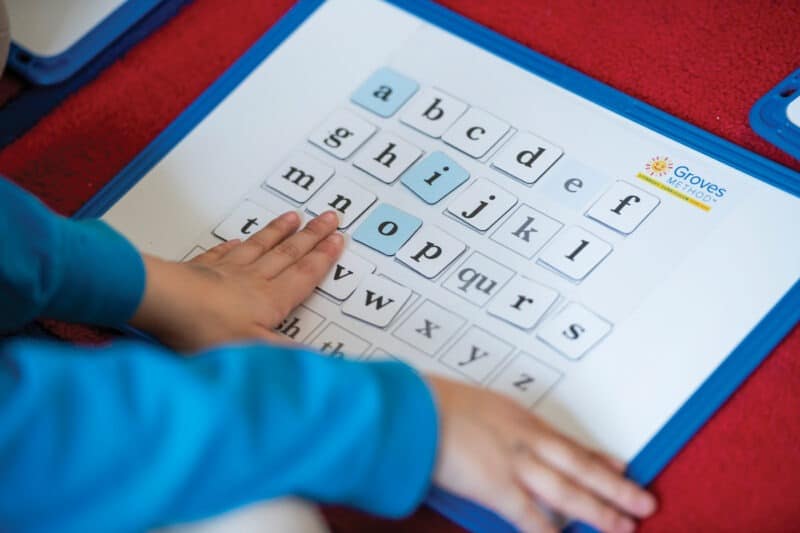Phonics is an essential part of a comprehensive literacy program. It teaches children the sounds of the alphabet and how to read and write words. It is a fundamental building block for teaching children to read and write. Phonics is the basis for many educational programs and is a key skill for a successful scholastic literacy partnership.
Benefits of Phonics in a Literacy Program: Phonics is an important part of any literacy program. It helps children to develop an understanding of the sounds of the alphabet and how to read and write words. It also helps children to recognize words in the context of a sentence. By learning phonics, children can begin to build a strong foundation for reading and writing.

Phonics as a Tool for Early Literacy: Phonics is an effective tool for teaching early literacy. It helps children to recognize the letters of the alphabet and how to sound out words. Through phonics, children learn how to read and spell words. This helps them to understand the language and helps them to develop a stronger understanding of reading and writing.
Phonics as a Foundation for Literacy: Phonics is a fundamental building block for literacy. It helps children learn the basics of reading and writing. By understanding phonics, children can learn how to sound out words, recognize letters, and understand the meaning of words.
Phonics in the Classroom: Phonics can be taught in the classroom in a variety of ways. Teachers can use books that include phonics activities. They can also use games and activities that reinforce the concepts of phonics.